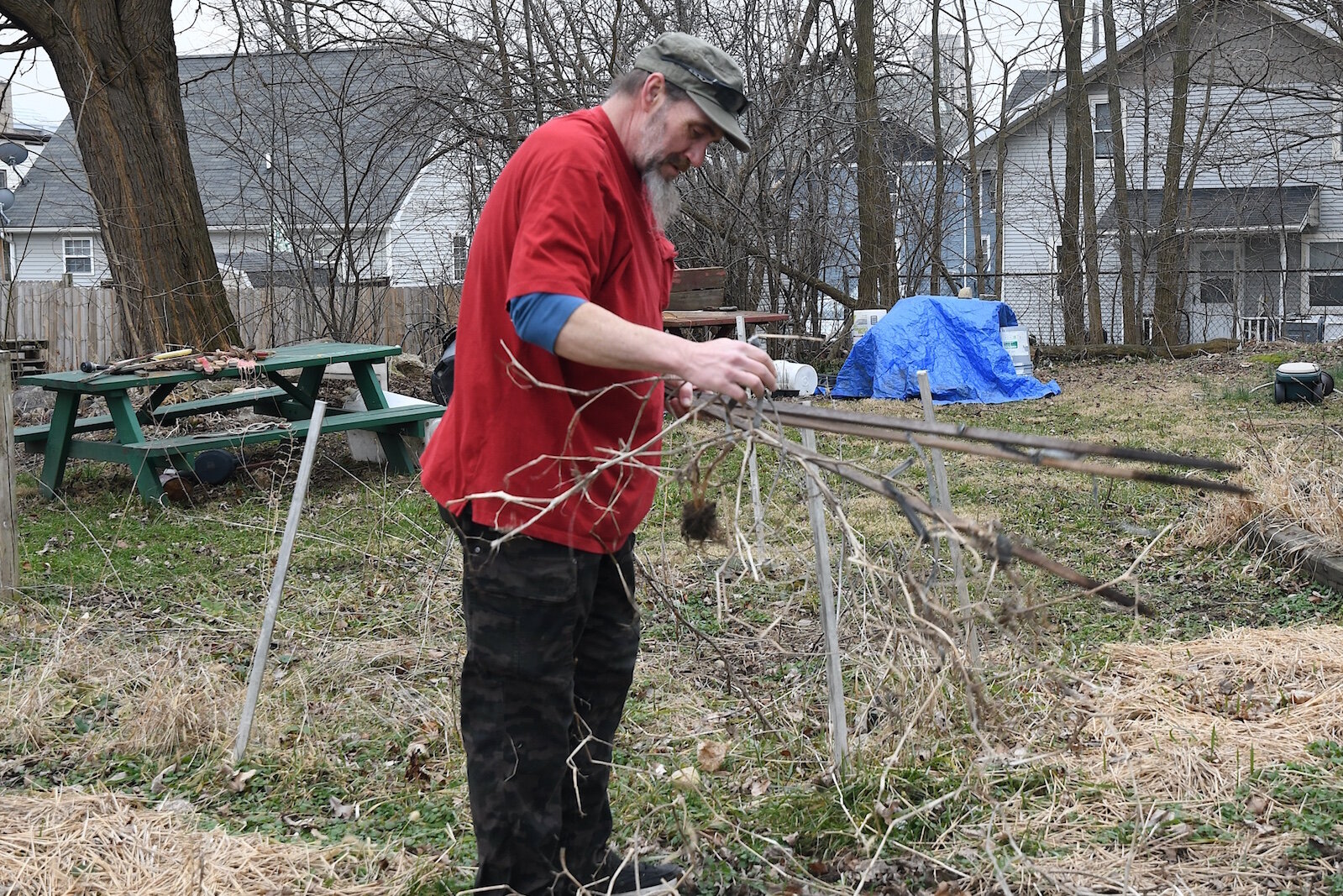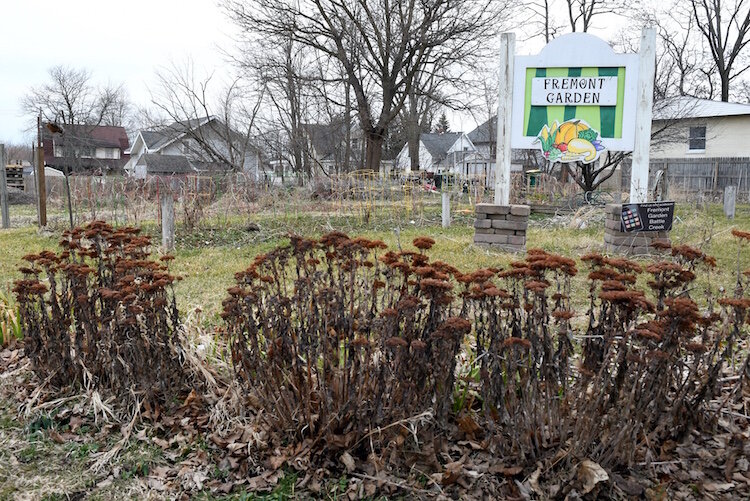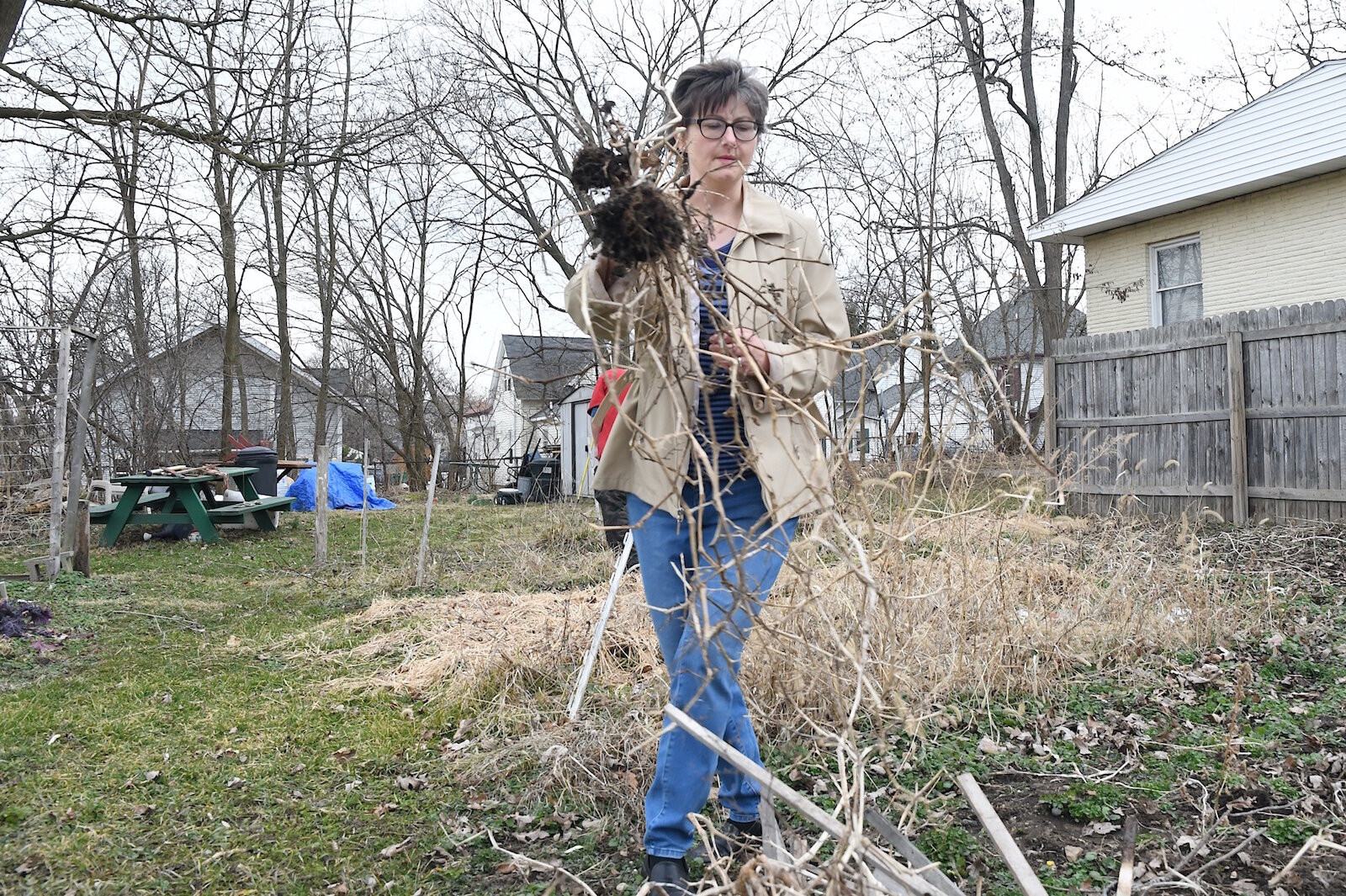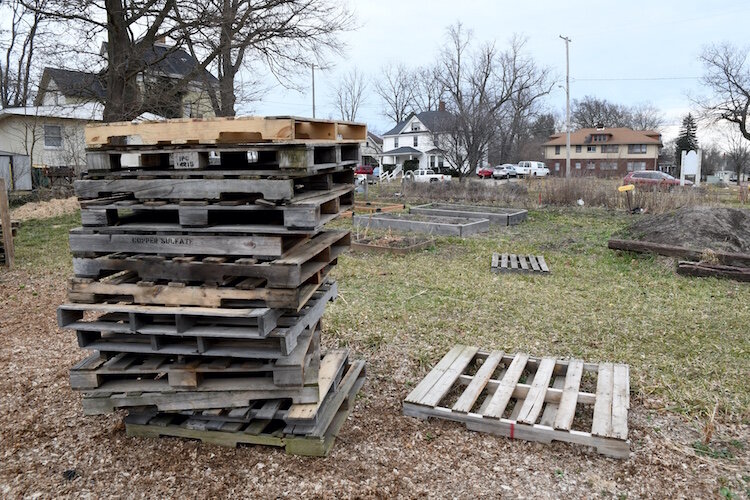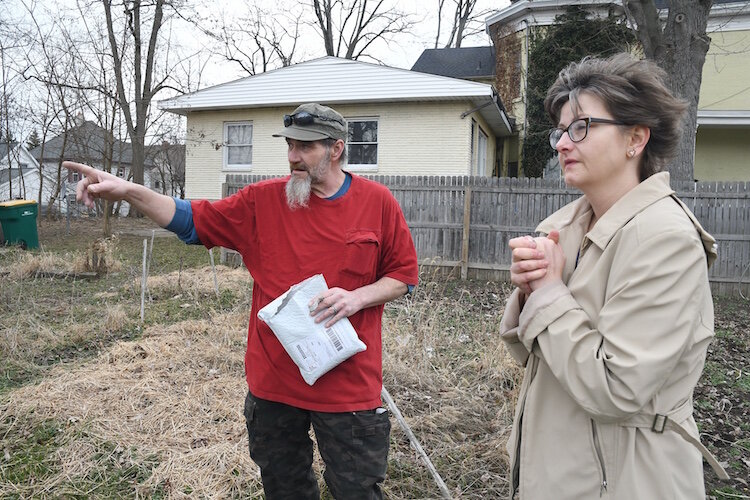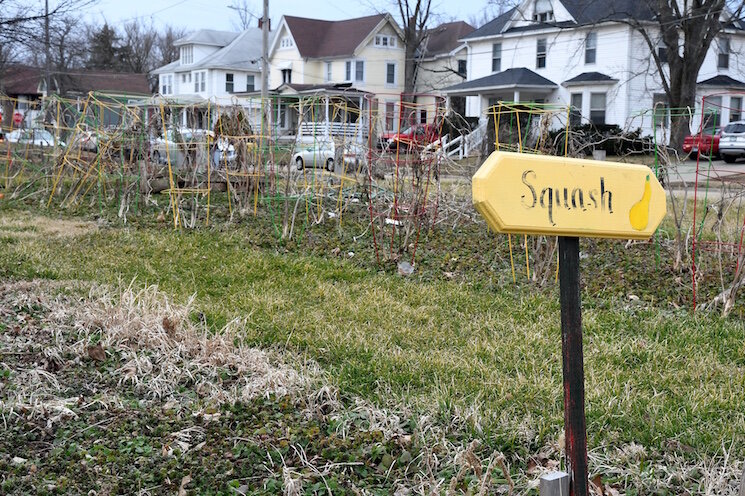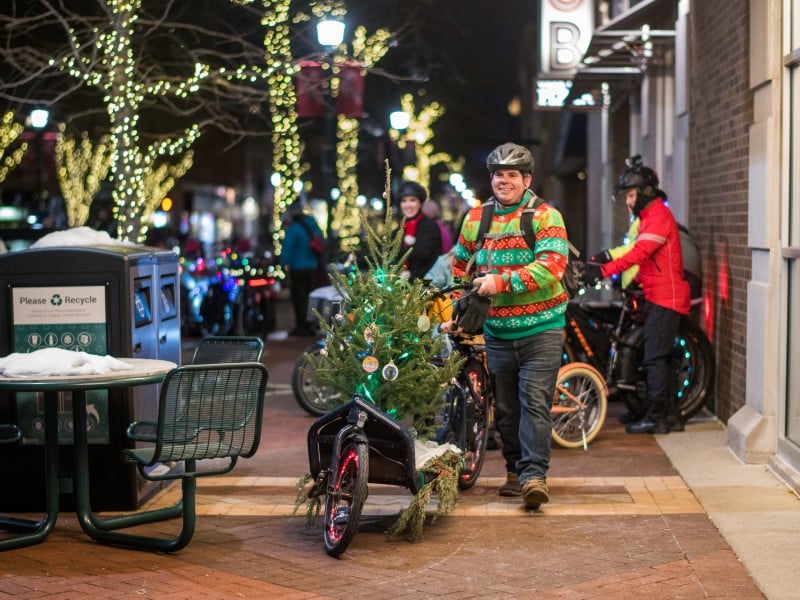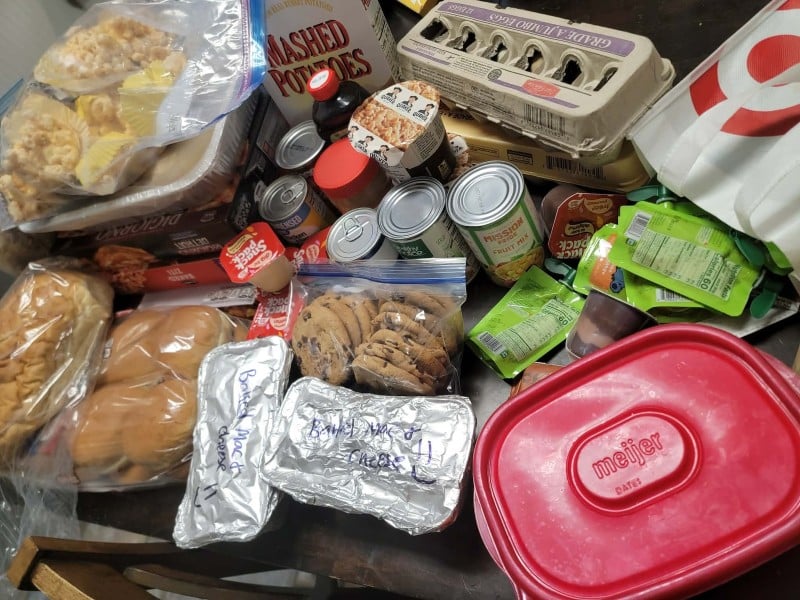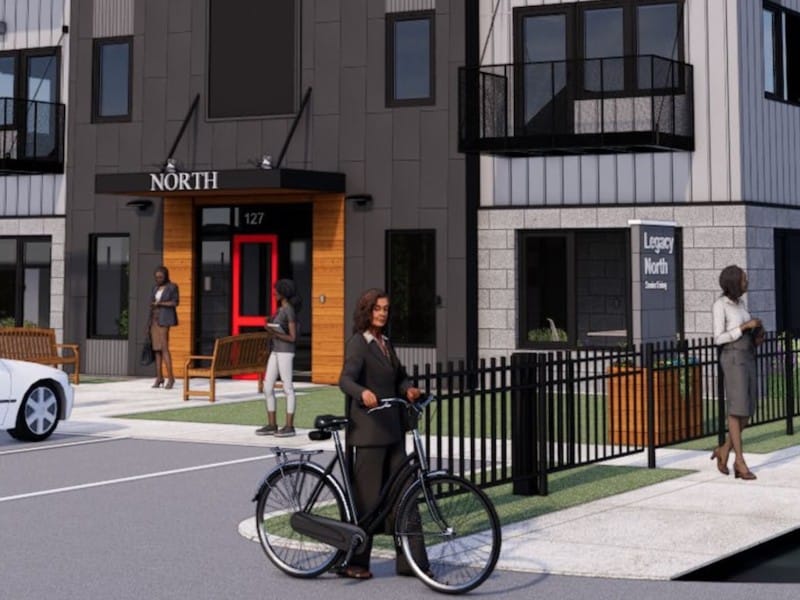One of Battle Creek’s earliest community gardens is still one of its most productive
The Fremont Garden, grown by volunteers, builds community as it offers food to all, including those who most need it in Battle Creek.
When Kaytee Faris and her husband moved back to Battle Creek in 2010, one of the first things she did was attend a meeting about an urban garden that was across the street from her new house.
That garden, the Fremont Garden, is one of the oldest in the city and a core group of volunteers continues to ensure that there a plentiful supply of fruits and vegetables that grows there is shared with those who want or need them.
“There were seven different food deserts in Battle Creek where a grocery store was more than one mile away and we were smack dab in the middle of one of them,” says Faris, a Battle Creek City Commissioner. “Making sure people in my neighborhood had access to fresh food was one of my reasons for getting involved.
“Every day I would look out my window and see people in the garden picking vegetables.”
Thomas Neal, who has been volunteering at the Fremont Garden for more than four years, says there is a misperception that the fruit and vegetables grown at the garden are only for residents of the neighborhood.
“It’s for the needy or neighborhood residents. It’s for anybody and everybody,” says Neal whose volunteer role has grown to include leading and managing the garden. “If you make $3 million or $500, it doesn’t matter. You are welcome to come and take what you want and need.”
He encourages those who may be in that $500 range and who may be trying to decide if they should buy meat or vegetables to buy their meat at the store and come to the garden to select their produce.
“This helps the community to get fresh produce through the growing season,” Neal says. “I’ve been told that this garden helps people put food on their plates because they didn’t have money to buy food during the summertime to eat. That’s what we’re here for and that’s what makes a bunch of us feel really good.”
The garden occupies two lots owned by the Calhoun County Land Bank Authority on the corner of Fremont Street and Frelinghuysen Avenue. Neal says his group pays an annual rental fee of about $25 to the Land Bank through First Congregational Church which serves as the fiduciary for Fremont Garden.
Donations and grants cover the cost of necessities including tools and seeds. After the garden was approved, the city’s Recreation Department brought in free topsoil and also helped to provide mulch.
Rather than waiting for grant money to come in which may not happen until well into the growing season, Neal says he has chipped in his own money to ensure that he and his volunteers are able to get the plants they want in time for the planting season.
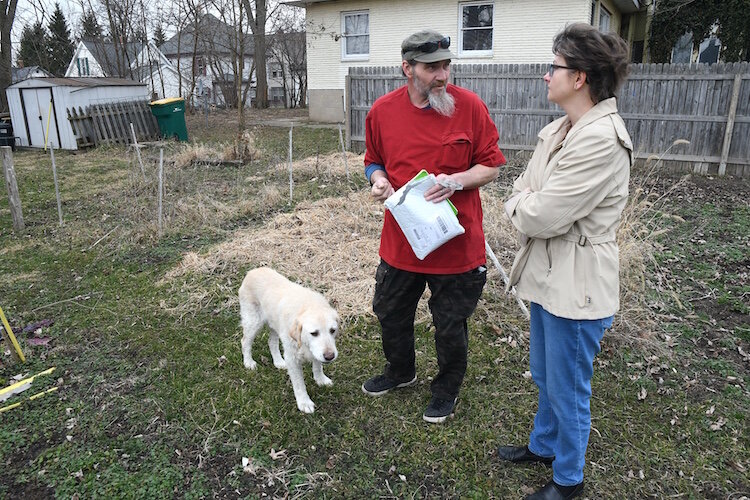
Visitors to the garden will find an array of vegetables, including peppers, squash, tomatoes, and cucumbers. There’s fruit such as strawberries which were a new addition last year.
Each year, Neal says he and his volunteers expand and improve on the seeds they sow.
“We’re expanding more and getting into asparagus, blueberries, and raspberries and seeing if we can plant fruit trees out front,” Neal says. “We want to see what the community wants and needs.”
There also has been discussion about creating a country garden with an assortment of flowers.
“I love gardening,” Neal says. “I’m from a farming community and I love playing in the dirt.”
He knows that none of what happens at Fremont Garden would be possible without the dedicated efforts of volunteers who range in numbers anywhere from five to 20 at any given time.
“I remember being nine months pregnant and painting rocks to be used as vegetable row markers,” Faris says. She continues to volunteer in between family and work obligations.
Neal says there are no formalized meetings for volunteers and people show up when they can. This is how it’s always been operated, says Chris Lussier, the city’s Community Development Manager and one of the original Fremont Garden volunteers and coordinators.
“In general, we want to be able to activate vacant spaces in neighborhoods,” Lussier says. “There are a number of ways to do that.”
The demolition of blighted homes opens up these spaces for uses like urban gardens. Lussier says corner lots, such as the one occupied by Fremont Garden have the potential to compromise the character of a neighborhood if left vacant and he says activating those spaces for positive use is important.
Neal says if a space is going not going to be built upon a garden is an ideal use for it.
“I think there’s been a long tradition of doing community gardens in Battle Creek,” Lussier says. “When I started doing community organizing work here in 2002 there were community gardens in lots of neighborhoods. There’s one on South Wabash that’s been there for a long time. A lot of neighborhoods had community gardens or pocket parks.”
In addition to volunteers who work gardens in their respective neighborhoods, Lussier says Leila Arboretum has shared its expertise and educated residents about the proper ways to incorporate native flowers and plants, among other gardening-related practices.
But, Lussier says there’s a lot to think about when planning these gardens and parks. For example, the Fremont Garden organizers were able to negotiate with a neighbor who let them use his water for a fee.
“People like the idea of having this great space and they want it to look nice, but you’ve got to think about things like where you’re going to get the water from and the expense and responsibility involved,” he says.
Gardens like Fremont help to promote a larger sense of neighborhood which is one of the main reasons residents like Faris and Neal stay involved.
“I’ve met a lot of my neighbors whether it’s while they’re walking their dogs or going to the library” as they go by the garden, Faris says. “So often now people don’t know who their neighbors are. Anything we can do to get people talking to each other is good.”

